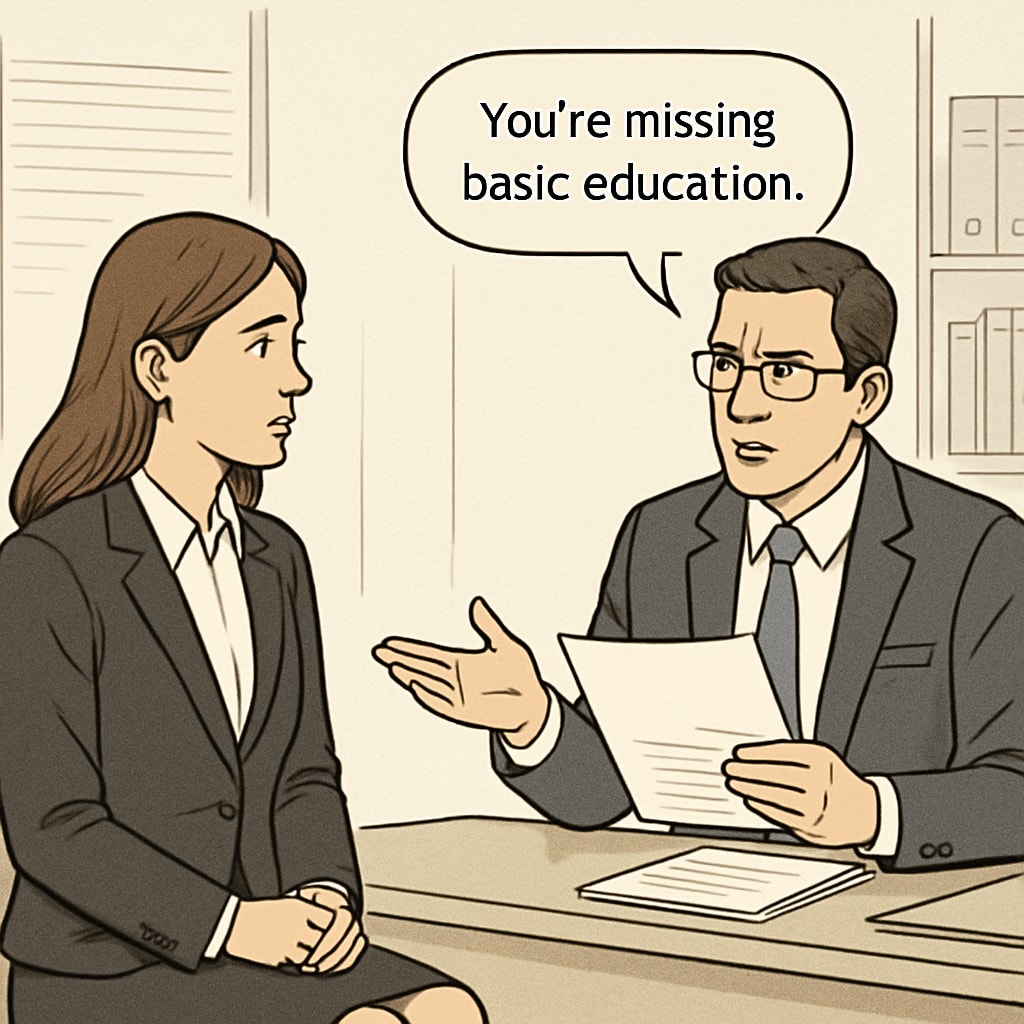Arizona’s employment policies have exposed a paradoxical reality: job seekers with advanced degrees are often denied opportunities due to the lack of a high school diploma. This strange occurrence underscores critical issues surrounding employment discrimination, degree requirements, and bureaucracy. Despite possessing qualifications that far exceed basic standards, many individuals encounter barriers in their career paths due to rigid bureaucratic systems that prioritize formal documentation over practical expertise.

Understanding the Degree vs. Diploma Paradox
One of the most striking aspects of Arizona’s employment landscape is the apparent devaluation of college degrees in favor of high school diplomas. For example, certain government or administrative positions explicitly require high school diplomas as a minimum qualification. Even candidates with master’s or doctorate degrees may be disqualified if they cannot produce proof of high school graduation, a requirement that seems counterintuitive given their higher academic achievements.
This paradox stems from an outdated bureaucratic rigidity in education and employment policies. While high school diplomas serve as foundational proof of basic education, they should not overshadow advanced qualifications that demonstrate greater expertise. As a result, many talented individuals are sidelined, unable to contribute meaningfully to industries or roles for which they are otherwise highly qualified.
The Role of Bureaucracy in Employment Discrimination
Bureaucratic systems often emphasize formality over practicality, creating unnecessary barriers for job seekers. Arizona’s policies illustrate this issue vividly. By prioritizing documentation over skillsets, these systems inadvertently perpetuate employment discrimination. For instance, an individual who completed a bachelor’s degree but did not formally graduate from high school might be perceived as less competent, even though their higher education achievements indicate otherwise.
Furthermore, such policies fail to account for alternative education paths, such as GED certifications or international qualifications. This narrow focus on traditional documentation limits opportunities for those who have taken unconventional routes to gain expertise.

Impact on Educational Value and Employment Trends
Policies that prioritize high school diplomas over advanced degrees send a concerning message about the perceived value of education. They suggest that foundational qualifications are more critical than specialized expertise, undermining the importance of lifelong learning and higher education. This misplaced emphasis can discourage individuals from pursuing advanced degrees, fearing that their efforts may not be rewarded in the job market.
As a result, Arizona’s employment trends risk stagnation. Industries that rely on innovation and specialized knowledge may struggle to find qualified candidates, as bureaucratic barriers prevent potential talent from entering the workforce. This inefficiency highlights the urgent need for policy reforms that align educational qualifications with practical competencies.
Proposed Solutions to Address the Paradox
To resolve this issue, Arizona’s policymakers should consider several key strategies:
- Revise employment requirements to recognize advanced degrees as sufficient proof of qualification, regardless of high school diploma status.
- Introduce flexibility for alternative education credentials, such as GEDs or international certifications.
- Streamline bureaucratic processes to focus on practical skills and experience rather than rigid documentation.
- Encourage industries to adopt inclusive hiring practices that prioritize expertise over formal educational records.
Implementing these changes could significantly enhance Arizona’s employment landscape, creating opportunities for a diverse range of talented individuals to contribute to the workforce.
Readability guidance: The article uses short paragraphs, clear transitions, and simple language to ensure accessibility. Lists and examples are provided to summarize key points effectively.


